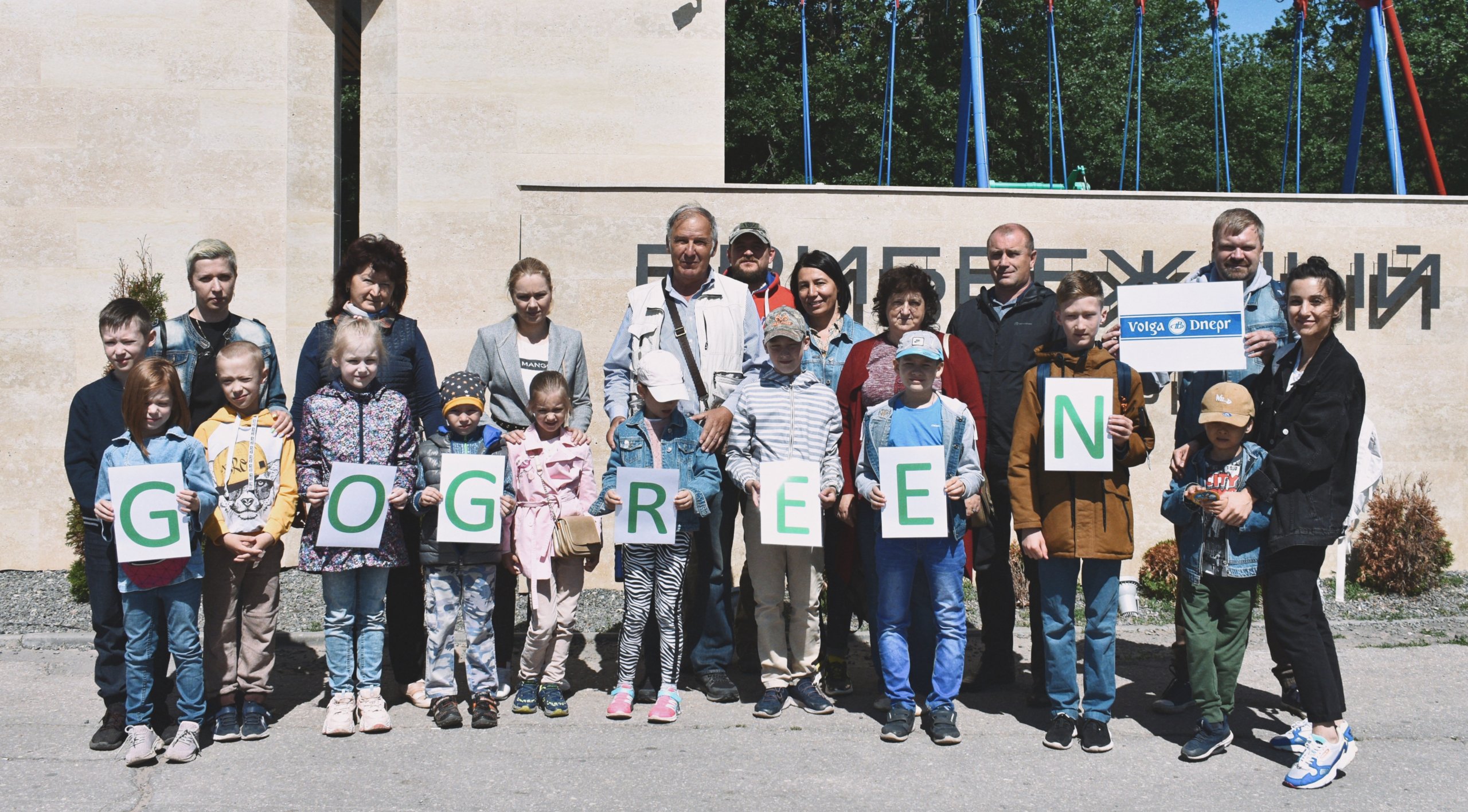What skills do you need to communicate effectively?
Read the answer from our colleague Niklas Breitmeyer,
Loadability Request Coordinator EU — Heavy and Outsized Cargo, AirBridgeCargo
Dear colleagues, dear unattached readers,
The secret of effective communication across Europe is not a secret at all. A heterogenous exchange of information always require finding a common level for all involved. The key how to represent yourself on a European level requires the similar attitude as for any other dialog: the starting “Hello”.
Proficient verbal skills on a business level assume that you have these qualities on an unaffected level as well. To be competent to communicate within multiculturalism like in Europe you might bring a wide range of cognitive, affective and behavioral skills which are essential for effective and appropriate communication. Getting on a common level in regards of understanding, behavior and interest should be your goal in any discussion. This applies for any loose chat or business discussion.
From my rather central point of view, from a European department in Frankfurt, you can be exposed to another country, accent or native language, ritual or cultural behavior very quickly. A warning is appropriate: I might deconstruct your idea of a united language or mindset in Europe. From Frankfurt it is only a 200km to the border of France, Belgium, Luxembourg or the Netherlands. 250km to Czech, Switzerland or Austria, 450km to Poland and 750km to Denmark. And it takes less than 50km to be already exposed to other traditions within this state. While coordinating XL shipments throughout Europa I come across a huge diversity of people and mindsets that require well-developed social skills as flexibility, tolerance or empathy. In my opinion, an important facet of cross-cultural communication is the awareness of the diversity. There are countless aspects of differences, like accents, languages, gestures, ways of interpreting or cultural behavior you can face. Listening and observing should be the most important aspect of any dialog. Otherwise, understanding or reacting properly to the opposite becomes dishonest. From a German perspective, one fine difference within Europa is the talk via third parties. Some states practice zigzag communication, while Germany, for example, has a come-to-the-point mentality. While dealing across borders I recommend performing a change of perspective in your head quickly, as you cannot expect the same pattern from different origins. Being open minded is also a very important aspect within talks with multiple nations. An unthinkable form of gesture to one may appears to the other as inadequate or even exaggerated. As an example, we think about the ways people greet each other in certain parts of the world. It is wide range from a formal bow to confidential cheek kissing. Keeping a neutral or sovereign point of view may also bring all communications on eye level. Understanding opposite(s) better and isolating weak points from the beginning can be achieved like this easier than opening a conversation with a list of your own requirements.
Either by phone, mail, during skype meetings or business trips it can be difficult to notice and correctly react to different symbolic; like hand gestures; be interpretive or find a transactional form of communication or a contextual way to understand another person. Listening first and speaking last can be an effective approach for a successful interaction within Europe. It may help to be ahead of any diversity, as you can react to it more careful than being overexposed to circumstances you might not expect. Besides that, I learned that language skills for effective business across Europa only requires one thing in the first place: the acceptance of diversity;
“Bom dia”, “Good day”, “Salut”, “Merhaba” “Ciao”, “Hola”, “Salve” and “Guten Tag”.
Niklas Breitmeyer,
Loadability Request Coordinator EU — Heavy and Outsized Cargo




